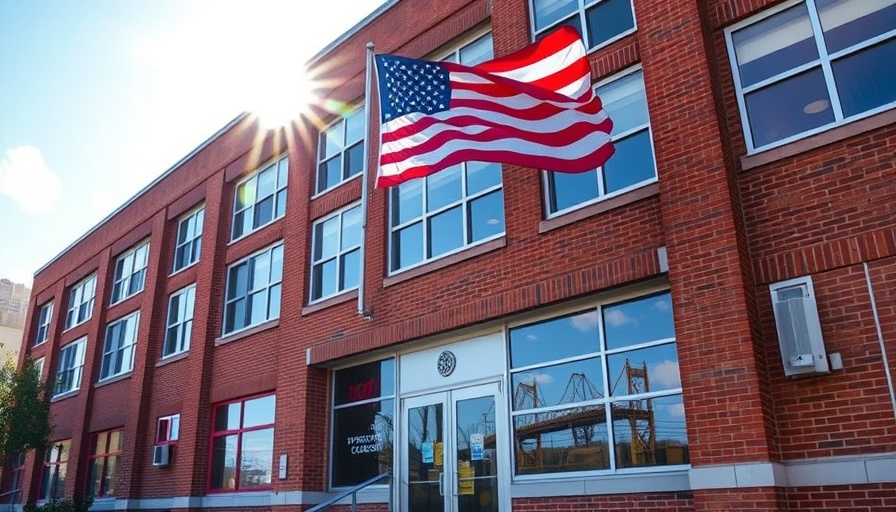
From the Dominican Republic to New York: A Journey Through Accents
Growing up between two cultures can be a beautiful adventure, yet it often comes with its share of challenges. The story of one young immigrant’s transition from the Dominican Republic to New York is a reflection of this complexity. After a life marked by significant changes—such as parental separation and relocation—this individual faced not only a new environment but the struggles of language and identity.
The Challenges of Accents: Misunderstood and Made Fun Of
Upon arriving in New York, she was instantly confronted with an overwhelming reality. Language is a barrier but also a bridge; for her, it was the former initially. Enrolled in an ESL (English as a Second Language) class, her new classmates laughed at her for not speaking properly. This ridicule reflected a broader issue that many bilingual individuals face: the challenge of acceptance in a world that often values conformity over diversity.
Despite this teasing at school, she persevered, eventually mastering the language and even winning a spelling bee contest within a year. This accomplishment was not just a measure of linguistic skill, but a testament to resilience against the odds.
The Role of Culture in Shaping Identity
In her pursuit of fluency, she found solace in black-and-white television shows that depicted family life. These influences not only enriched her language but also profoundly shaped her cultural identity. Phrases absorbed from shows like "Ozzie and Harriet" and "The Patty Duke Show" became parts of her vernacular, drawing curiosity from her neighbors who were puzzled by her use of “American British.”
This blending of cultures is vital. It provides a unique perspective that highlights how language can be both a source of joy and conflict. In a society often characterized by division, embracing different heritages aligns with calls for inclusivity.
Moving Forward: Embracing Bilingualism
As this young woman grows into adulthood, her experiences serve as a reminder of the value inherent in bilingualism. Speaking multiple languages is not just a skill; it's a cultural passport that opens doors to varied perspectives and deepens understanding. Though her accent may have drawn laughter in her formative years, it now stands as a marker of her journey—celebrated rather than ridiculed.
The importance of this narrative resonates strongly with many immigrants and their families. It promotes a critical dialogue about acceptance and the beauty of diverse backgrounds. As such, society must focus not only on the challenge of acculturation but also on the depth of character and richness that these multiple identities bring to our communities.
 Add Row
Add Row  Add
Add 




Write A Comment